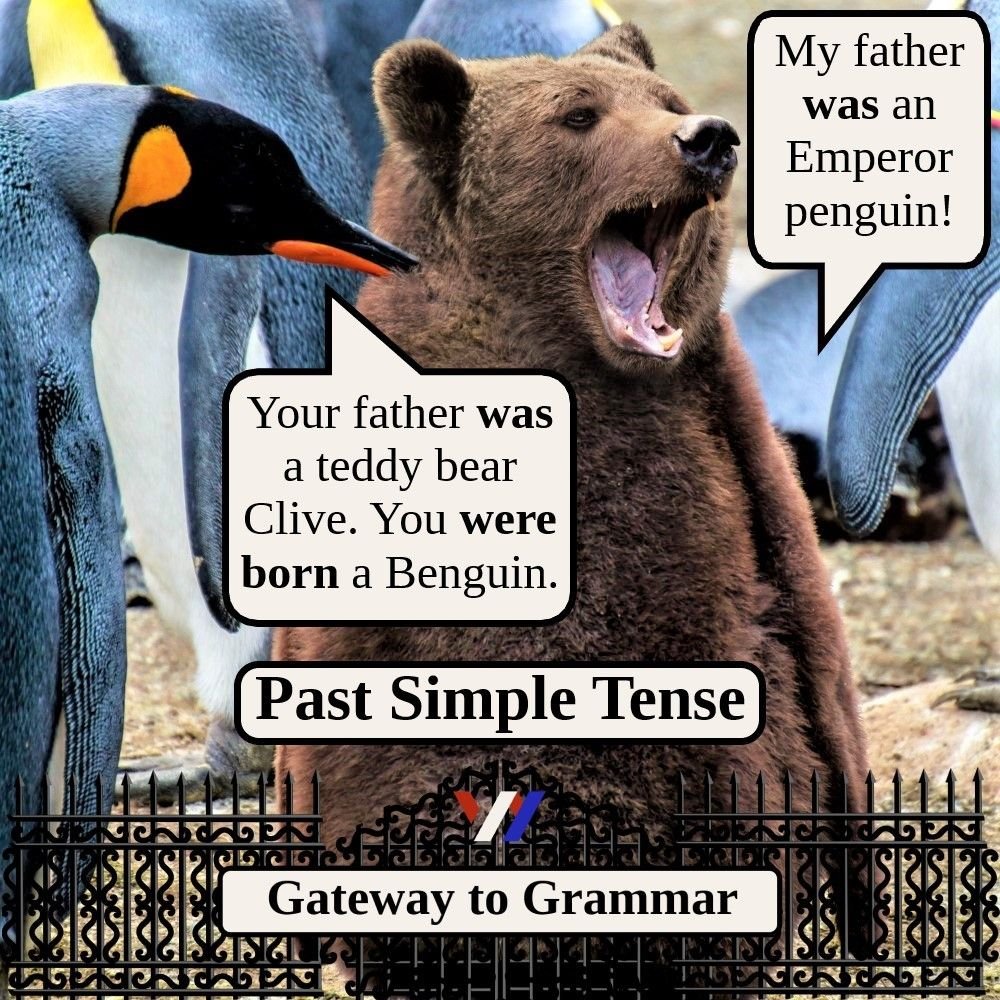
Gateway to Grammar: Past simple tense
Did you know “was” is from the verb “be”? It is an irregular verb, so it does not follow the same rules as all the other verbs.
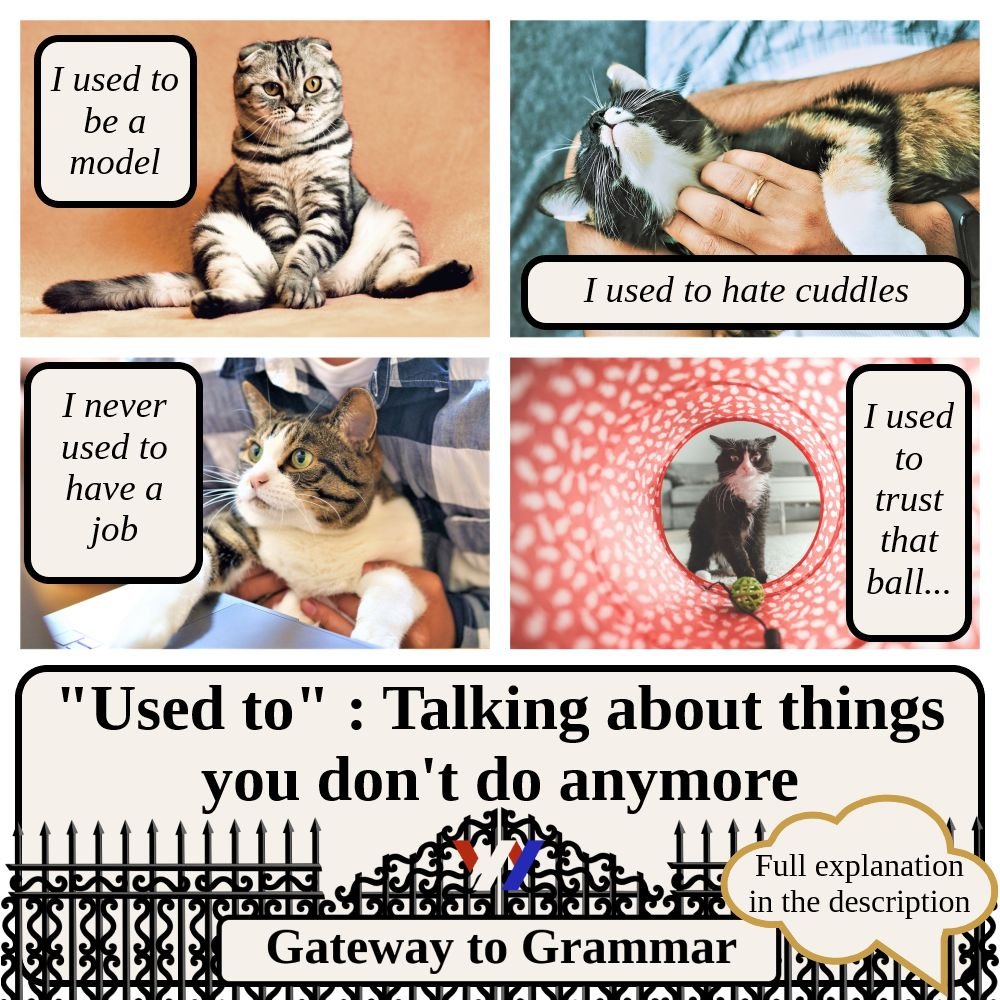
Gateway to Grammar: “Used to” things you don’t do anymore
I used to be lonely. Now I have 2 cats, around 100 bees, and more mice brought to me every day than I can deal with! So, what does “used to” mean?
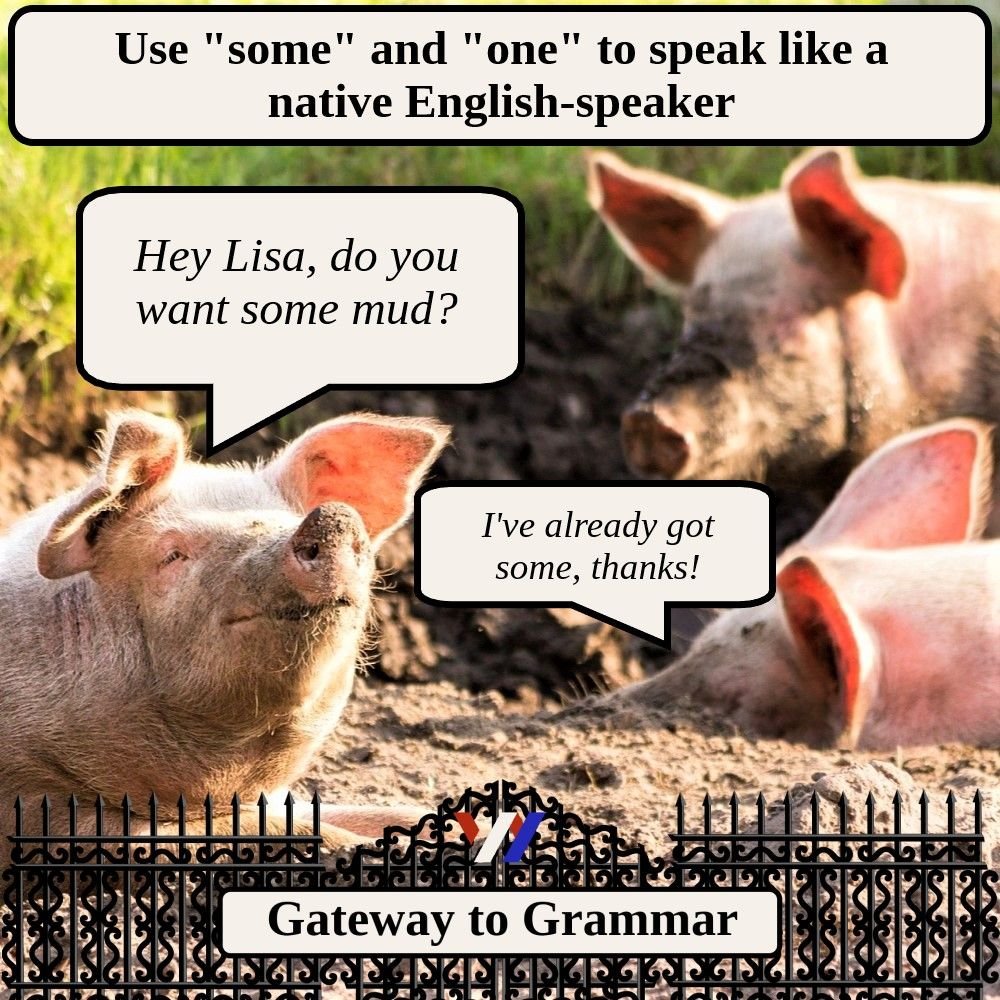
Gateway to Grammar: Some and one to speak like a native English-speaker
When someone asks if you want something, the conversation can sound like this for non-native English-speakers…
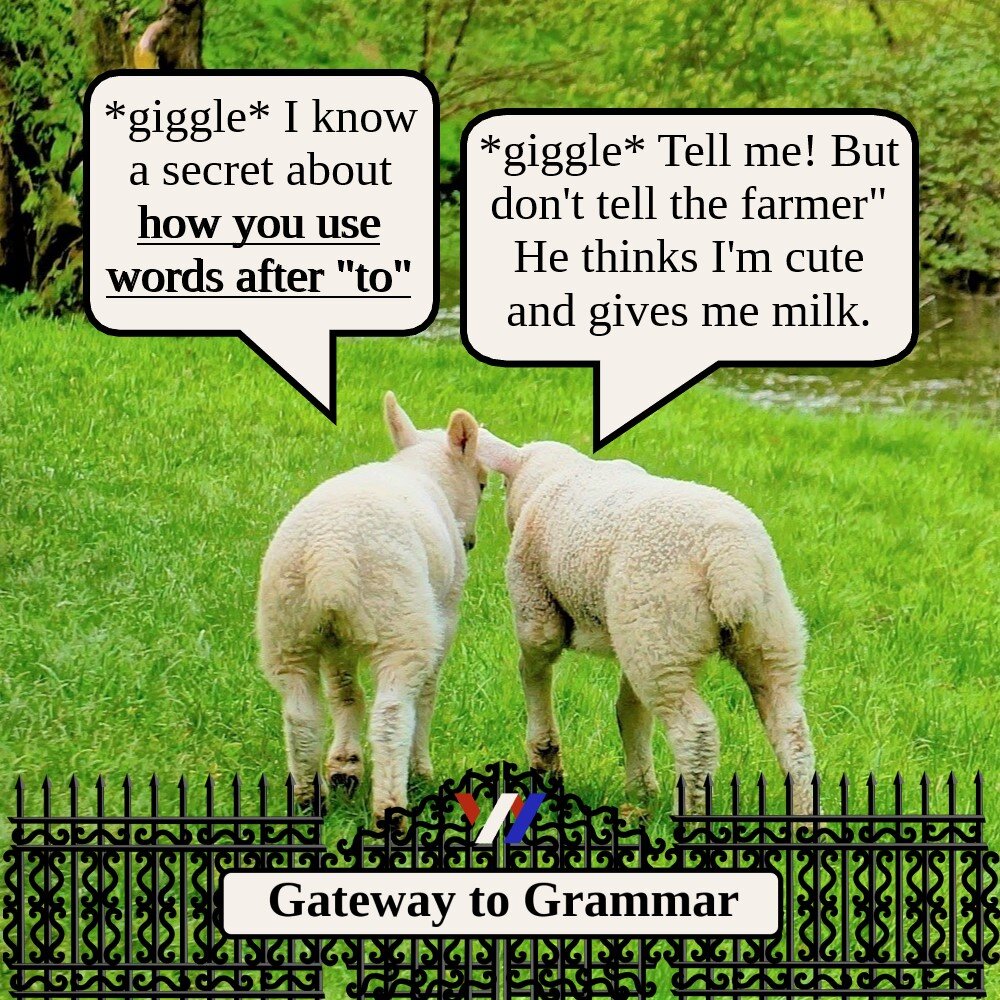
Gateway to Grammar: To infinitives and beyond!
Some people find it difficult to know when to use verbs in their infinitive form (with no changes like “love” “eat” etc). This tip will not help you with all infinitives, but it will help you with many!
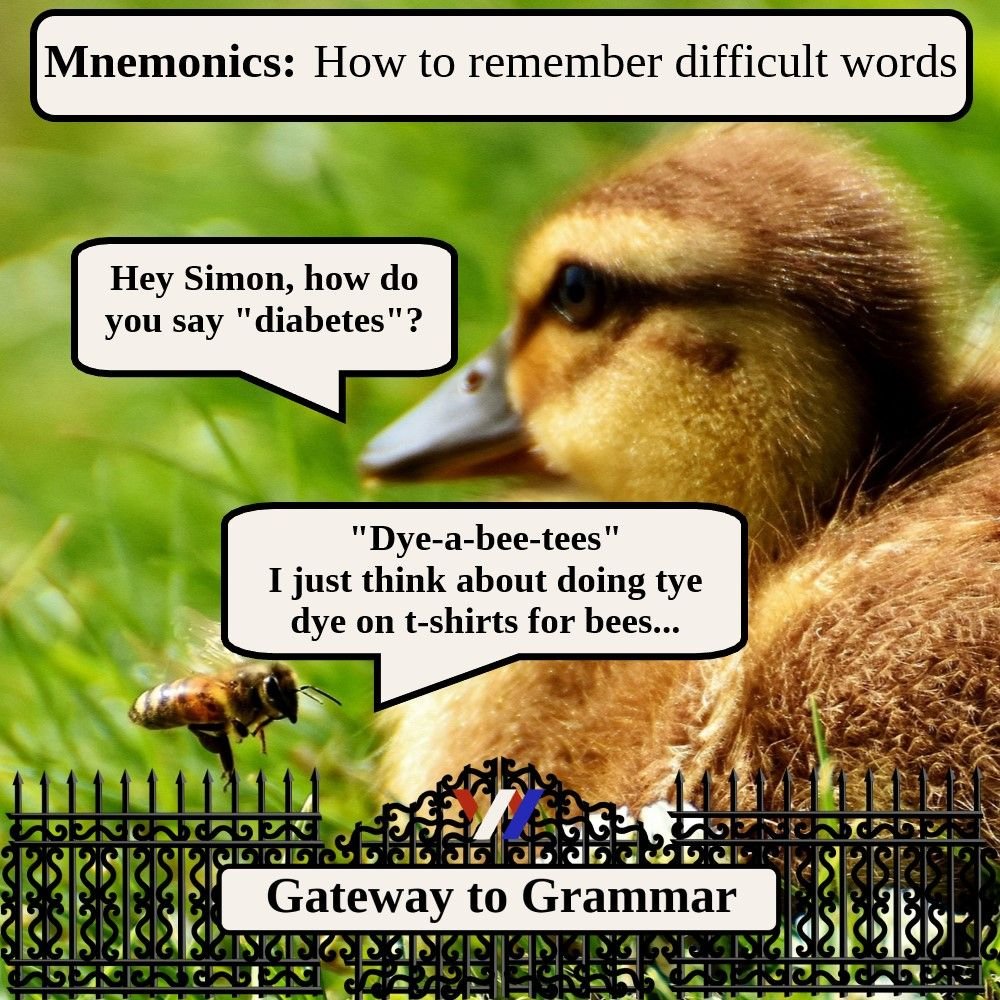
Gateway to Grammar: Mnemonics to remember difficult words
Let’s talk about mnemonics and how they can help you remember difficult spellings, vocabulary, and pronunciations for words.
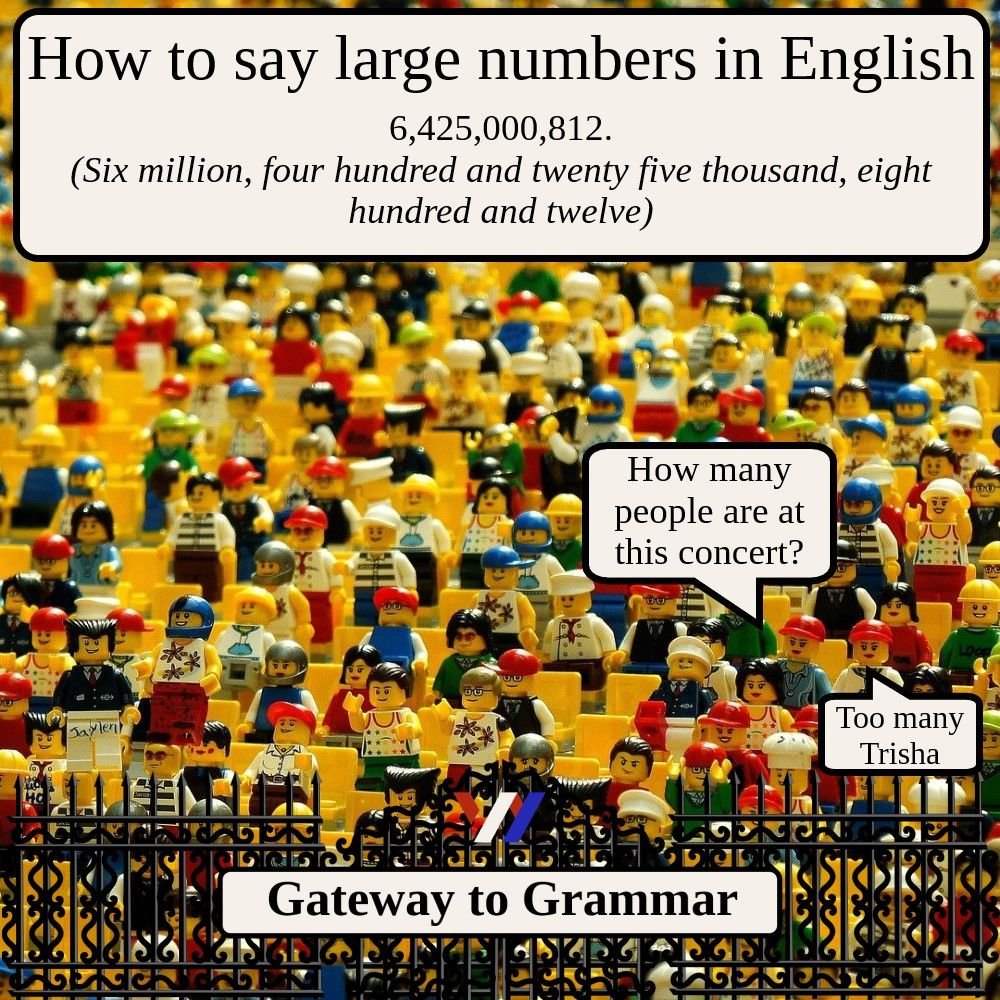
Gateway to Grammar: How to say large numbers in English
When the numbers get higher than a hundred it can get a bit difficult trying to work out how to say them.
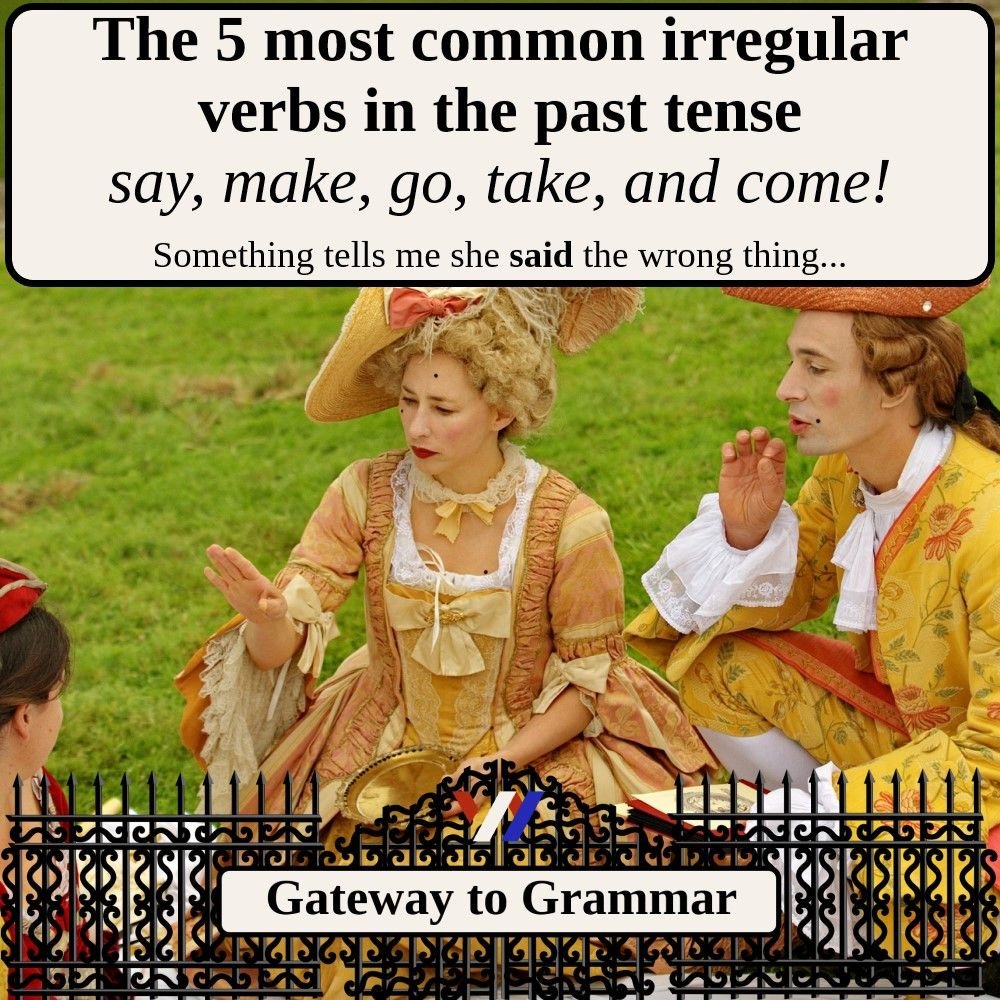
Gateway to Grammar: 5 most common irregular verbs in the past
To help you improve your past tenses I have taken the five most common verbs in English, and we will look at the past forms of these words.
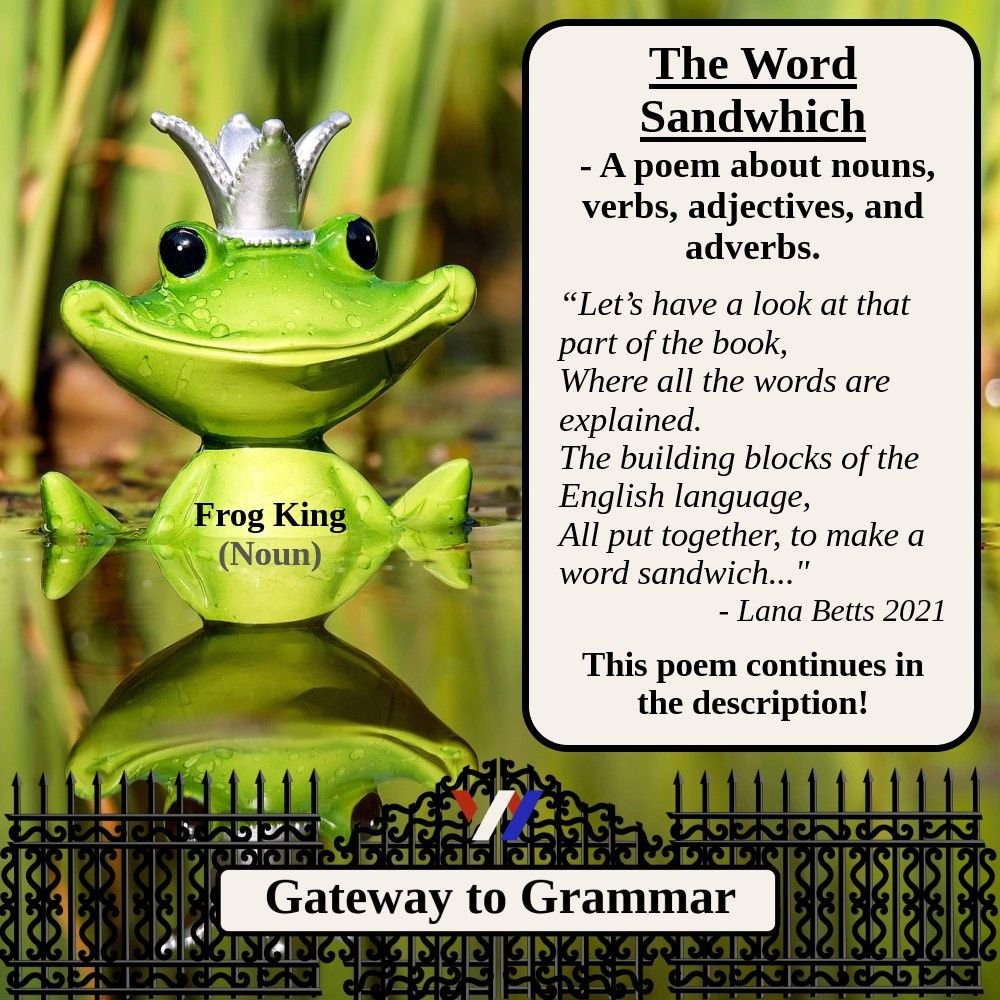
Gateway to Grammar: The Word Sandwhich (nouns, verbs, adjectives, and adverbs)
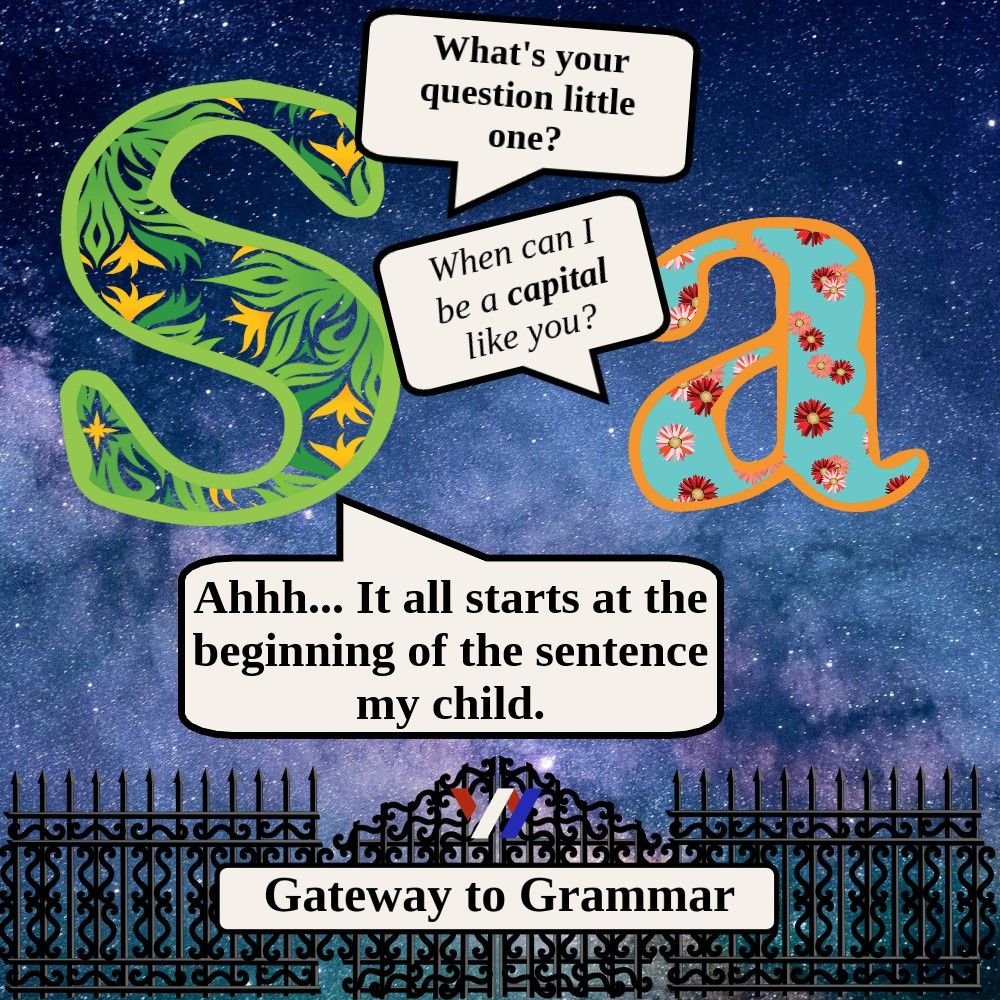
Gateway to Grammar: When to use capital letters in English
In some languages, like German and Russian, the capitalisation (using big letters) is quite complicated. Germans capitalise every noun for example. The good news is it’s a lot easier in English!

Gateway to Grammar: Using Modal Verbs in English
“what is a modal verb? “ordinary” verbs are “doing words”, they describe actions. Modal verbs describe the ‘mode’ (or meaning) of the normal verbs around them: can, will, need to, must, have to, shall, ought to, and might.
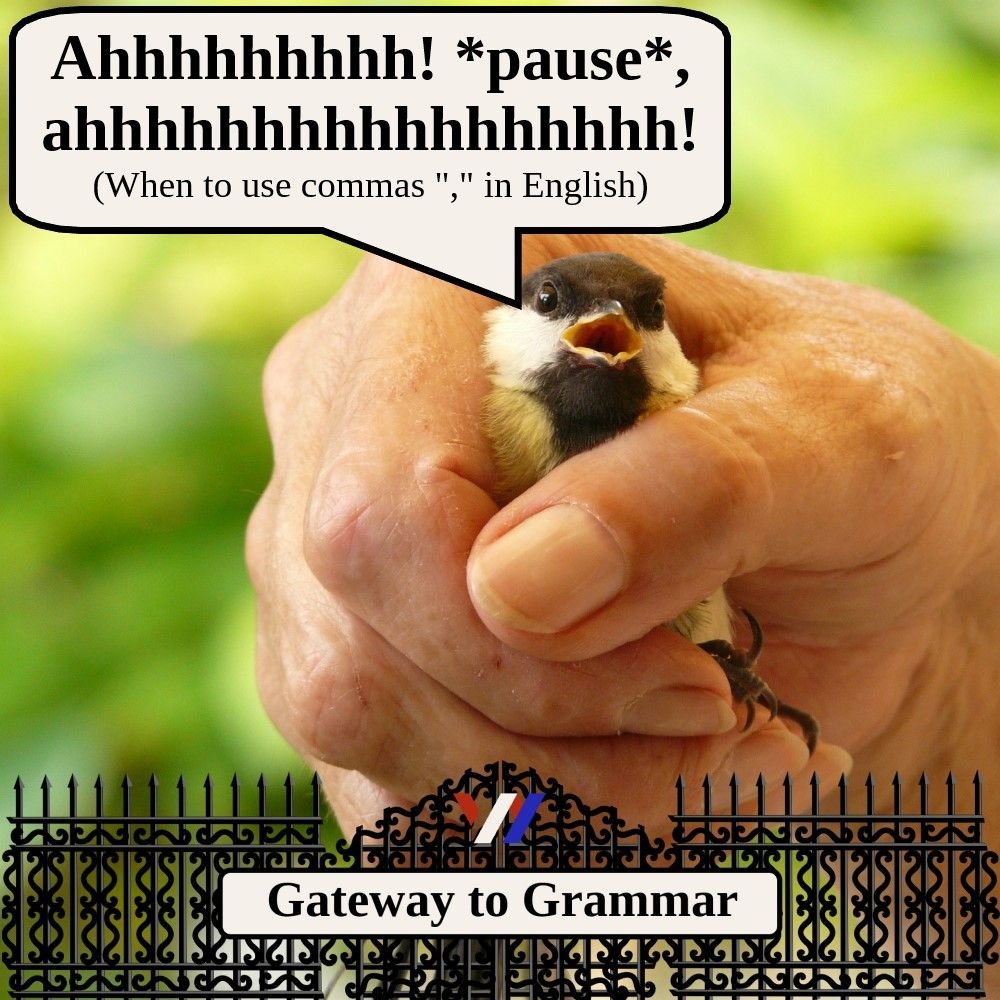
Gateway to Grammar: When to use commas in English
It can be a little difficult remembering when to use commas (,) in English, especially if they are used differently in your native language. Here are some helpful tips to show you when to use commas correctly in your writing!

Gateway to Grammar: Question Tags
Question tags are a very common way of speaking in English. When you see a question tag at the end of a sentence, think of it as meaning “or am I wrong?”.

Gateway to Grammar: Phrasal verbs with “go”
Here are some examples of these phrasal verbs, their meanings, and sentences using them. So, let’s go on!
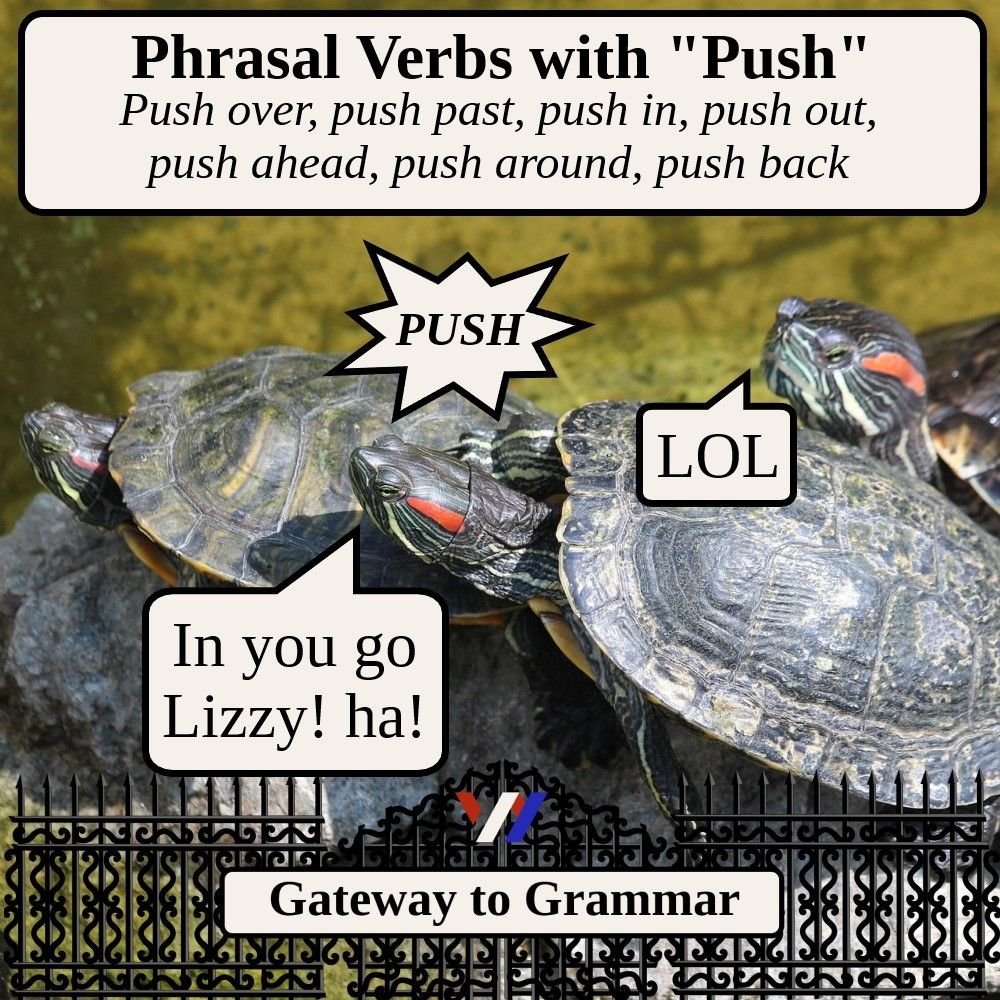
Gateway to Grammar: Phrasal verbs with “push”
There are many phrasal verbs (more than one word that behaves like a single verb) in the English language that uses the main verb “push”. Let’s have a quick look at some examples in use.

Gateway to Grammar: Much, many or a lot?
Much, many, and a lot can be quite difficult to understand. The most important things for much, many and a lot are, “can I count this thing?” and “Is this a positive statement, a negative statement, or a question?”
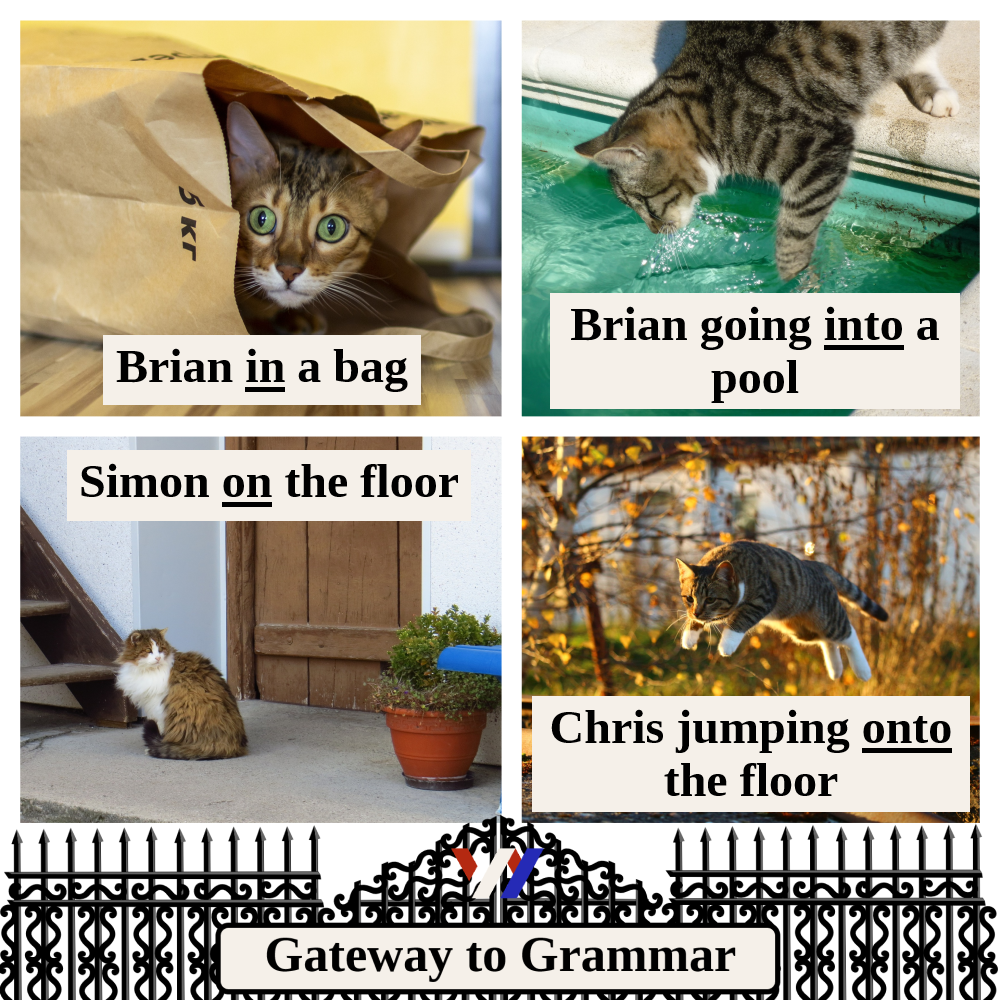
Gateway to Grammar: Prepositions of place and movement
Yep (informal yes), I found a way to make more educational cat pictures. We are taking a look at prepositions of place (in and on) and movement (into and onto) and what the differences are.

Gateway to Grammar: Who, Whose, and who’s?
Who, who’s, and whose? Who’s asking? You? OK, that’s enough of that. These words all have different meanings but look very similar. Let’s have a look at what they mean.

Gateway to Grammar: Useless English Grammar “rules”
If using a rule makes you sound like someone from 1652 it’s probably not a good rule anymore. Those rules belong in the bin (rubbish)!

Gateway to Grammar: Easy Identifying English Tenses
Is it have had? Have have? Well, that’s confusing enough. Let’s identify the parts of a sentence that show you what tense it is in. For these examples we will use the phrasal verb “switch on”.
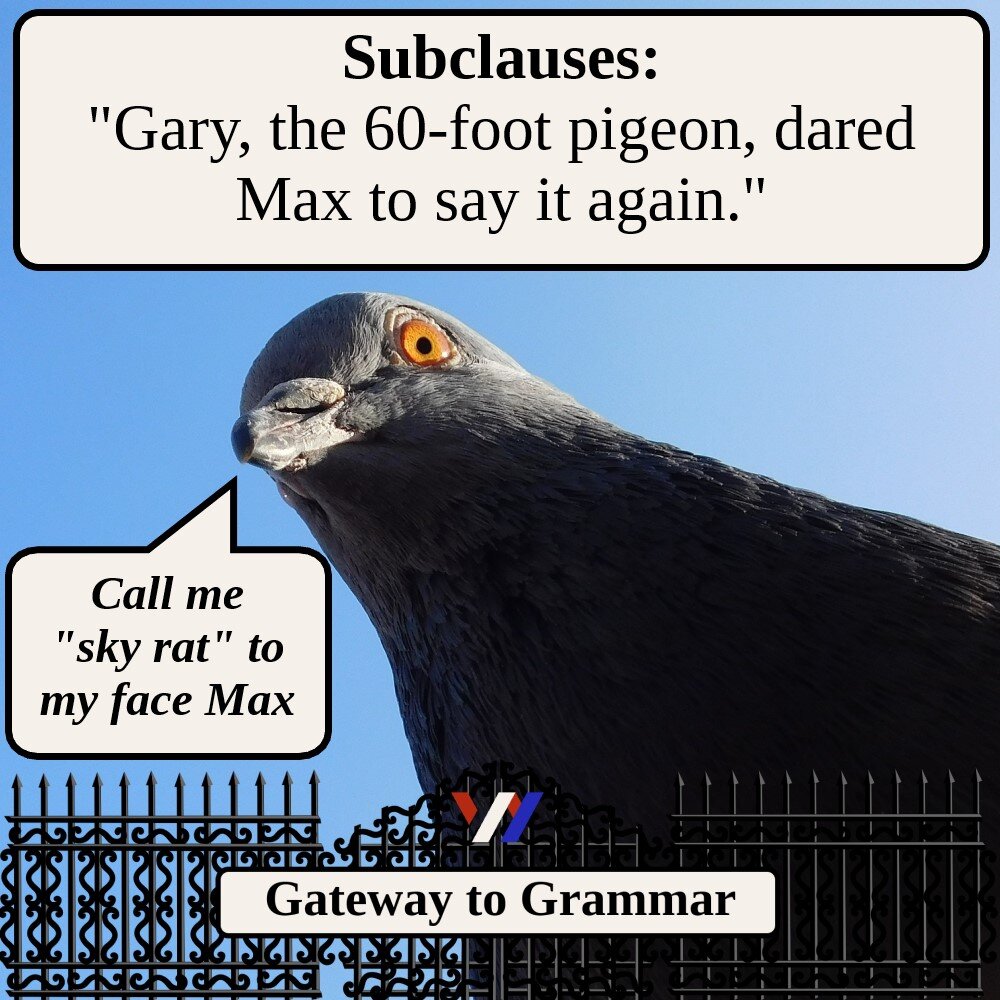
Gateway to Grammar: Main clauses and Subordinate clauses
If you ever struggle to work out what a ‘main clause’ and a ‘subordinate clause’ (subclause) are, I’ll give you some easy tips to identify them.
